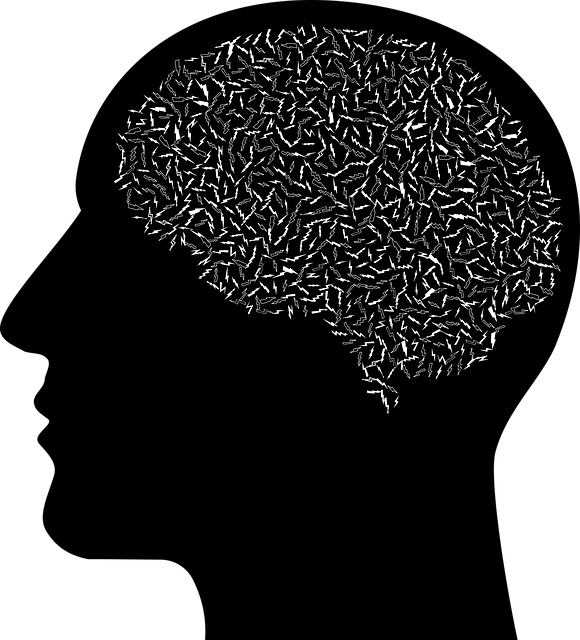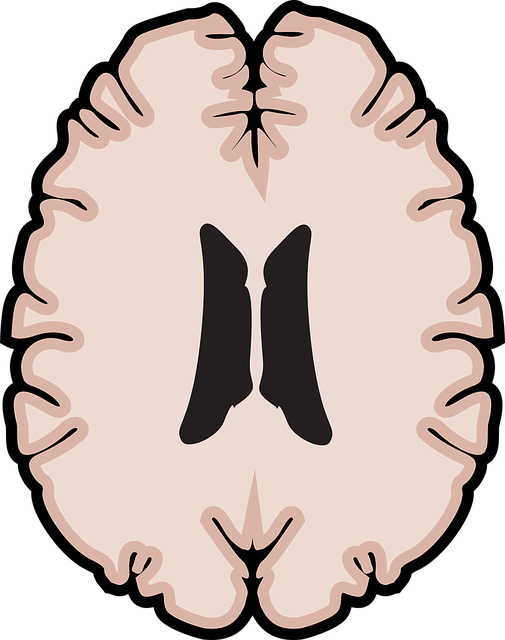Media portrayal of mental health significantly impacts public understanding and accessibility to services, like Northglenn French Speaking Therapy, which offers specialized care for French-speaking communities. Accurate, culturally sensitive depictions reduce stigma, encourage help-seeking behaviors, and inspire hope. By addressing language barriers and incorporating unique self-care practices, Northglenn French Speaking Therapy revolutionizes mental health support. Responsible media representation, guided by experts like these therapists, promotes empathy, normalizes conversations about mental health, and ultimately fosters a more inclusive society for those with mental illness.
Mental illness representation in media significantly impacts mental health awareness, shaping public perceptions and influencing support systems. This article explores how accurate and compassionate portrayal can foster understanding and reduce stigma. We delve into the role of Northglenn French Speaking Therapy as a cultural bridge, providing tailored care for diverse communities. Furthermore, we offer strategies to ensure responsible media representation, highlighting the importance of authenticity in addressing mental health challenges.
- Understanding the Impact of Media Representation on Mental Health Awareness
- Northglenn French Speaking Therapy: A Cultural Bridge in Mental Health Care
- Strategies for Accurate and Compassionate Mental Illness Portrayal in Media
Understanding the Impact of Media Representation on Mental Health Awareness

Media representation plays a pivotal role in shaping public understanding of mental health issues. The way mental illness is portrayed in films, television shows, and news media can significantly impact societal perceptions and attitudes towards individuals living with these conditions. Positive and accurate media representation can foster empathy, reduce stigma, and encourage help-seeking behaviors. It allows viewers to connect with characters or narratives that reflect their experiences, providing a sense of validation and community. Conversely, negative or stereotypical portrayals can perpetuate misinformation, intensify stigma, and hinder progress in mental health awareness.
For instance, in Northglenn French-speaking communities, where access to culturally sensitive therapy services is crucial, media representation can either bridge the gap or exacerbate existing barriers. Accurate depictions of French-speaking characters navigating mental health challenges can inspire hope and encourage individuals to seek professional help. Moreover, these representations can guide crisis intervention efforts by promoting understanding of specific cultural needs and resilience-building strategies. In contrast, stereotypical portrayals might reinforce outdated beliefs, making it more challenging for those in need to access appropriate mood management support or participate in meaningful resilience building activities.
Northglenn French Speaking Therapy: A Cultural Bridge in Mental Health Care

In the diverse landscape of mental health care, Northglenn French Speaking Therapy stands out as a cultural bridge, addressing a critical gap in representation. This specialized service caters to individuals within the French-speaking community who often face challenges accessing support in their native tongue. By offering therapy sessions conducted entirely in French, it ensures that cultural nuances and specific emotional needs are understood and addressed effectively.
The need for such initiatives is evident, considering the potential impact of language barriers on mental well-being. Northglenn’s approach not only facilitates open communication but also promotes stress reduction methods and emotional regulation techniques tailored to the unique experiences and self-care practices valued within French-speaking cultures. This inclusive approach promises to revolutionize mental health support, making it more accessible and culturally sensitive for a significant segment of the population.
Strategies for Accurate and Compassionate Mental Illness Portrayal in Media

In representing mental illness accurately and compassionately, media has a powerful role to play in shaping public understanding. First, it’s crucial to consult with experts, including Northglenn French Speaking Therapy professionals, during the creative process. Involving individuals with lived experiences also ensures authenticity and avoids stereotypes. Depicting mental health struggles in a nuanced way, free from sensationalism, can help reduce stigma and foster empathy. By showcasing diverse characters navigating their conditions, media can reflect the wide spectrum of mental illness.
Additionally, promoting positive messages around self-care practices like mindfulness meditation and encouraging emotional healing processes through accessible narratives can inspire viewers. Normalizing conversations about mental health while highlighting available resources, such as Northglenn French Speaking Therapy options, empowers individuals to seek help. Ultimately, responsible media representation can contribute to a more supportive and inclusive society for those managing mental illness.
In addressing the challenge of mental illness representation in media, we’ve seen that accurate and compassionate portrayal is key to enhancing mental health awareness. The impact of media on public perception cannot be overstated, making it crucial for content creators to adopt strategies that foster understanding and reduce stigma. Northglenn French Speaking Therapy serves as a cultural bridge, demonstrating the importance of diverse representation in mental health care. By implementing these strategies and embracing varied perspectives, we can collectively work towards a more inclusive and supportive media landscape that benefits mental health discussions.












